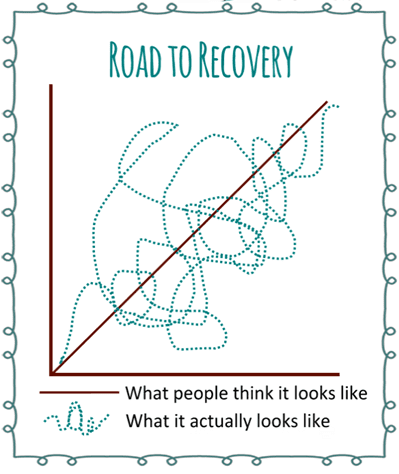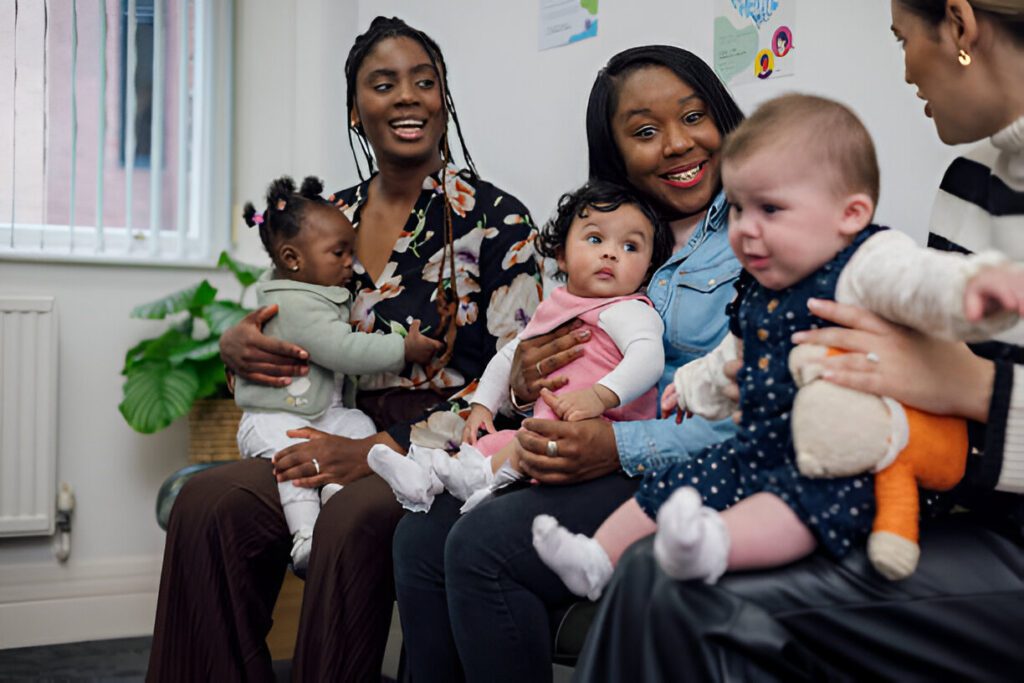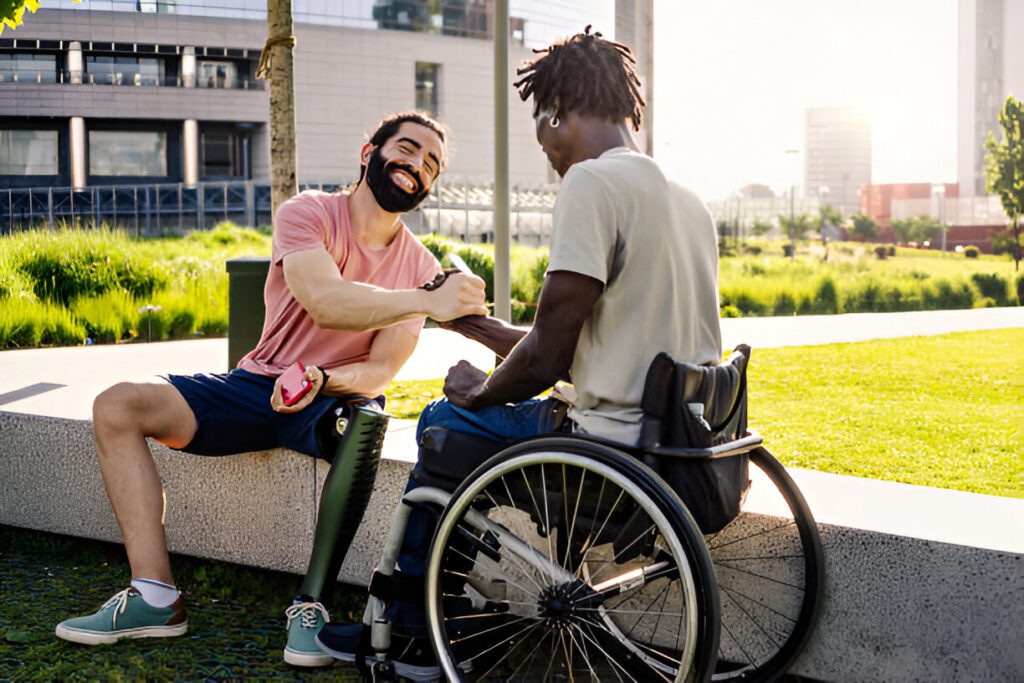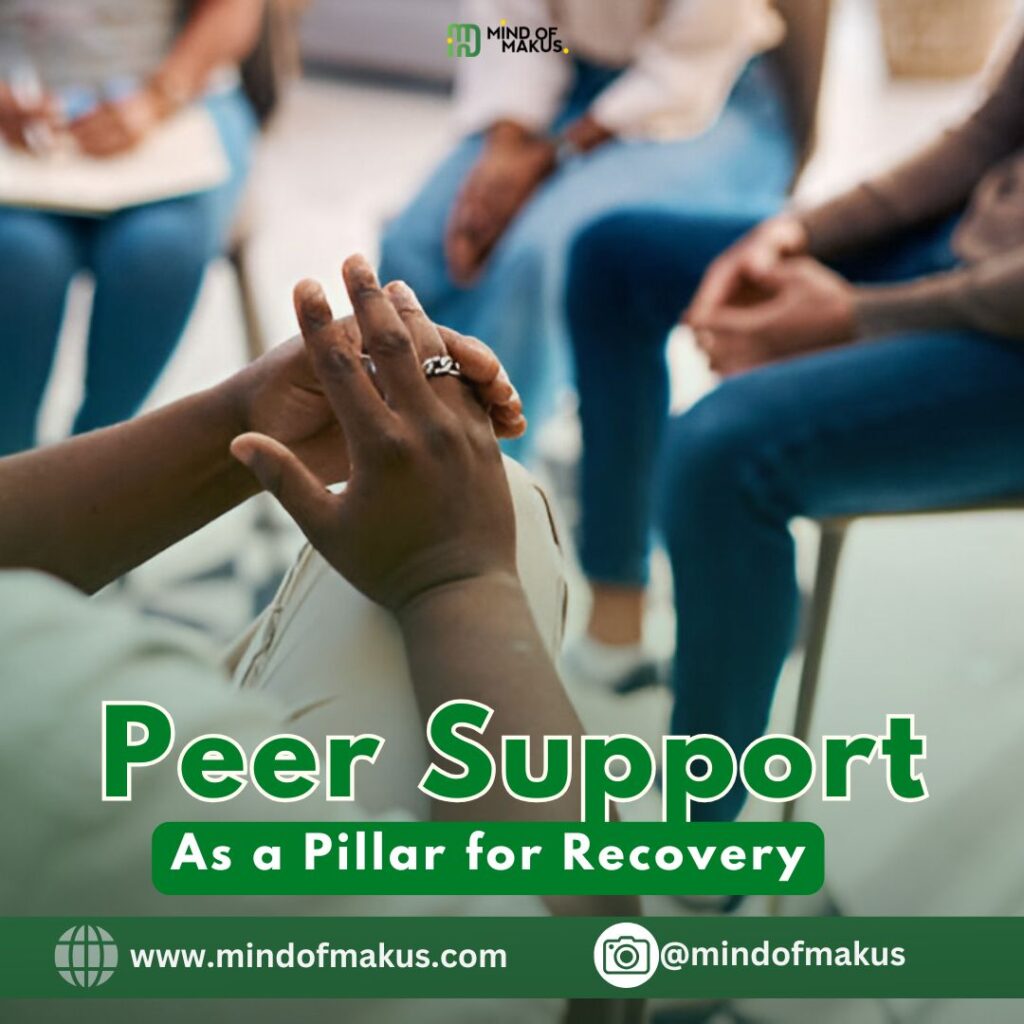Because Sometimes the Best Healers Are Those Who’ve Been There Too
Hello dear friends,
I hope you are well and enjoying your weekend. I have been thinking about how things can be much better for us in this generation, sharing the earth at this time, breathing the same oxygen.
A huge part of that is caring for one another, and I hope you had a chance to reflect on last week’s blog post and share with others. It is important that we consider ourselves part of a bigger picture and own a sense of responsibility towards the people we walk past every day.
If you have ever been stressed, imagine that is your life every single day, and you have no hope of recovery, you struggle with a lot of things people find easy, and maybe you don’t even have the words to explain how and why this happens.
This is the reality for some of us. Trapped in a nightmare we sometimes wake up from and get back to real life, or maybe never wake up from because the right treatment eludes us.


Mental health recovery is not a straight road—it’s a journey filled with ups and downs, questions, relapses, breakthroughs, and self-discovery. Along this path, professional help like therapy and medication can be life-changing. But there’s another, often underestimated, pillar of recovery: peer support.
Peer support is simply people with lived experiences of mental health challenges offering help, encouragement, and understanding to others going through similar experiences. It’s support from someone who truly gets it.
In the health services these days, they are called Expert by Experience because their experience makes them so valuable in the service delivery chain that they now get paid to be embedded in clinical teams.
So why is peer support so powerful? Let’s explore.
What Is Peer Support in Mental Health?
Peer support is different from clinical support. It’s rooted in shared experience, mutual respect, and non-judgmental listening.
Whether it’s a support group, a one-on-one chat, or an online forum, peer support allows people to speak freely about what they’re going through with someone who’s walked that road before.
Peer supporters are not there to “fix” anyone. Instead, they hold space, offer hope, and share what worked for them without pressure.
I remember walking into a baby and mummy group when I had my son and feeling immediately understood, even though no one spoke to me yet. Just knowing I wasn’t alone in this was healing.
Have you ever felt that way?


Why Peer Support Matters in Mental Health Recovery
1. It Fosters Connection and Reduces Isolation
One of the toughest parts of mental health struggles is the feeling of being alone. Peer support builds bridges.
When you hear someone say, “I’ve felt that too,” something shifts. That sense of belonging and understanding can spark the beginning of true healing.
This may not be the case for everyone, as some people don’t like to be identified with groups; there is sometimes a fear of being part of something they themselves are struggling to accept.
Give it time, I say, give it time.
2. It Provides Hope Through Real-Life Examples
Seeing someone who has navigated similar challenges and is now thriving reminds us that recovery is possible. It’s one thing to hear it from a therapist—it’s another to witness it in someone just like you.
Peer supporters model resilience.
3. It Encourages Authenticity and Vulnerability
Because peer support is built on shared experience, there’s less fear of judgment. People are often more open and honest, which allows them to process their emotions more deeply and genuinely.
4. It Promotes Empowerment, Not Dependency
Peer support encourages individuals to be active participants in their own recovery. Rather than offering advice or solutions, it emphasizes choice, agency, and self-determination.
You’re not being rescued—you’re being reminded of your strength.
5. It Complements Professional Help
Peer support doesn’t replace therapy, medication, or clinical interventions—it enhances them. While professionals provide structure and diagnosis, peer supporters offer empathy, compassion, lived insight, and practical wisdom.


Different Forms of Peer Support
- In-person support groups (e.g., depression or addiction recovery groups)
- Online communities such as AA, ADHD-UK, Bipolar-UK, NA, CA
- One-on-one peer mentoring
- Peer-led workshops or wellness circles
- Text-based or phone peer helplines
The beauty of peer support? It’s flexible, scalable, and community-driven.
Mental Health Professionals Are Not the Only Experts
There’s growing recognition that those with lived experience are experts too—not in clinical treatment, but in navigating the reality of mental health challenges.
Many mental health systems now include peer specialists—trained individuals who use their lived experience to support others in recovery. Their insight is invaluable in building more compassionate, human-centered care systems where recovery is at the forefront of treatment.
How You Offer Peer Support (Even Without Formal Training)
You don’t need a certificate to support someone’s mental health. Here’s how to show up:
- Listen without fixing
- Validate their feelings without minimizing them
- Share your experience if it helps—not to compare, but to connect
- Respect their journey and choices
- Encourage them to seek professional help if needed
- Invest time, energy, and resources to support people around you
Watch this reel on Instagram
Sometimes the most healing words are: “Me too. You’re not alone.”
Final Thoughts: We Heal Better, Together
Mental health recovery is not a solo mission. Yes, personal responsibility matters—but community matters too. Community is what helps us thrive, is what reminds us we are on a collective and not individual journey. Community is worth investing in.
When people feel seen, heard, and understood, they find the strength to keep going. And in a world that often misunderstands mental health, peer support is one of the most human tools we have.
So let’s normalize asking for help, normalizing supporting one another, and building communities where recovery isn’t just possible—it’s expected.
Because healing doesn’t happen in isolation.
It happens in connection.
Looking for ways to support mental health in your community?
Start a peer group. Join a conversation. Be someone’s safe space.
You never know the power your story might hold for someone else’s survival. 💙
Until next time, stay authentic.
Stay resilient, and continue to honour your needs.
Live wholeheartedly,
Amaka

